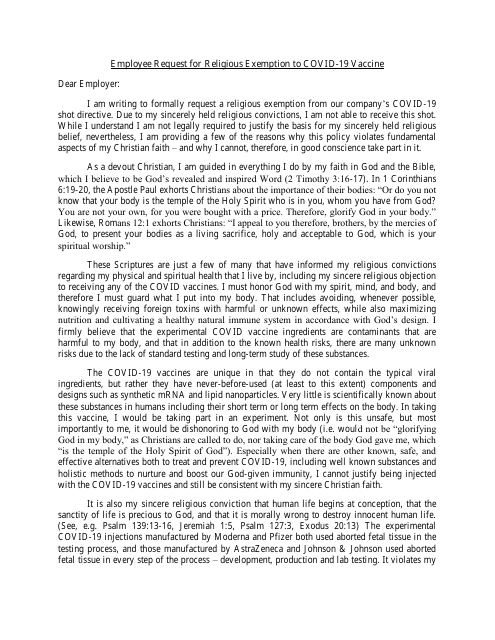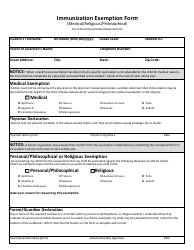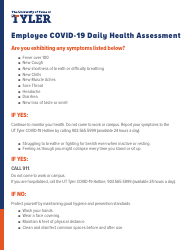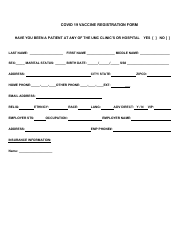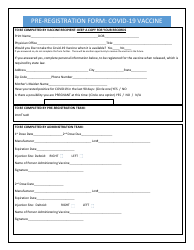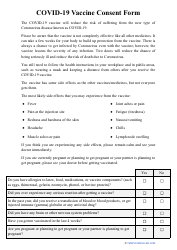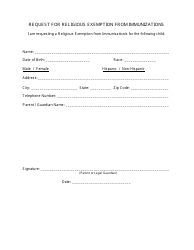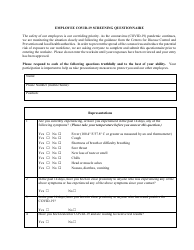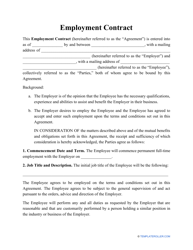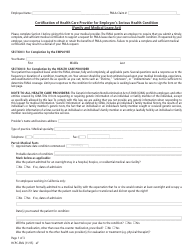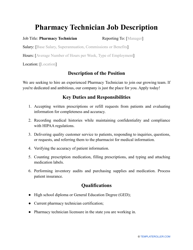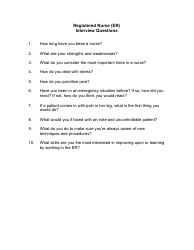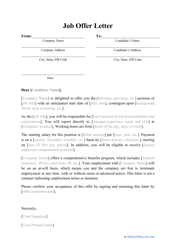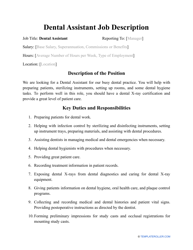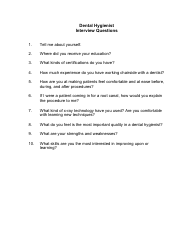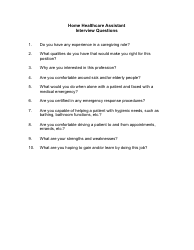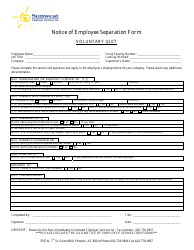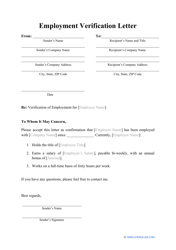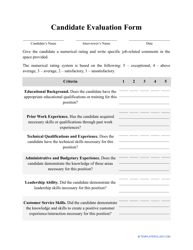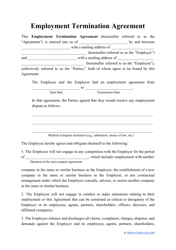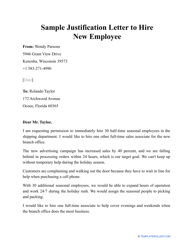Employee Request for Religious Exemption to Covid-19 Vaccine
The Employee Request for Religious Exemption to Covid-19 Vaccine is a formal document that an employee submits to their employer. In this document, the employee states their religious belief as the reason they cannot comply with the company's Covid-19 vaccination mandate. In the U.S, employers are required by law under Title VII of the Civil Rights Act of 1964 to accommodate employees' sincerely held religious beliefs, unless it causes an undue hardship for the business. The document generally includes details about the employee's religious belief and why it prevents them from getting the vaccine. It must be noted, however, that the employer can reject the request if it poses a risk to the health and safety of other employees or if it causes an undue burden on the company's operations.
The employee themselves should file a request for religious exemption to the Covid-19 vaccine. In the United States, an employee can request for a religious exemption under Title VII of the Civil Rights Act of 1964, which protects employees from religious discrimination. Employees need to communicate directly with their employer, usually through HR departments, expressing their religious beliefs and how it prevents them from getting vaccinated. They should be ready to provide further explanations or documentation if the employer needs more clarity. Each request is reviewed individually and the employer must provide reasonable accommodation, unless it causes undue hardship to the company.
FAQ
Q: What is a religious exemption to Covid-19 vaccine?
A: A religious exemption to COVID-19 vaccine is a legal provision that permits individuals to opt out of getting vaccinated on grounds of sincerely held religious beliefs. However, the validity of these exemptions is subject to verification by the employer or respective organization.
Q: Can an employee in the USA request a religious exemption to the Covid-19 vaccine?
A: Yes, an employee in the USA can request a religious exemption to the Covid-19 vaccine, as part of their rights under the U.S. Equal Employment Opportunity Commission (EEOC). Employers are generally required to provide 'reasonable accommodation' under federal law unless it causes undue hardship to the employer.
Q: What is the process for requesting religious exemption to Covid-19 vaccine in the USA?
A: Generally, the employee should provide a written statement to their employer explaining their sincerely held religious beliefs and how these beliefs prohibit them from taking the Covid-19 vaccine. The employer has the right to review the exemption request and can deny it if it causes 'undue hardship' to their business.
Q: Is the process of religious exemption to Covid-19 vaccine same in Canada, India, and Australia?
A: The process for a religious exemption to a Covid-19 vaccine varies from country to country. In Canada, religious exemptions may be considered depending on provincial law. India, mostly prioritizes medical and age exemptions. In Australia, religious exemptions are not specifically outlined within government vaccination policies, and the overall decision often lies with individual employers or institutions.
Q: Can an employer deny a religious exemption?
A: Yes, an employer can deny a religious exemption if it poses 'undue hardship' to the employer's business. This can include a significant cost to the employer or potential harm or disruption to the workplace or colleagues.
Q: What happens if a religious exemption to Covid-19 vaccine is denied?
A: If a religious exemption to the Covid-19 vaccine is denied, the employee may be required to comply with the employer's vaccine mandate or face potential consequences which can include reassignment, alternative accommodations or even termination. It's advisable to consult labor or employment attorneys in such cases.
